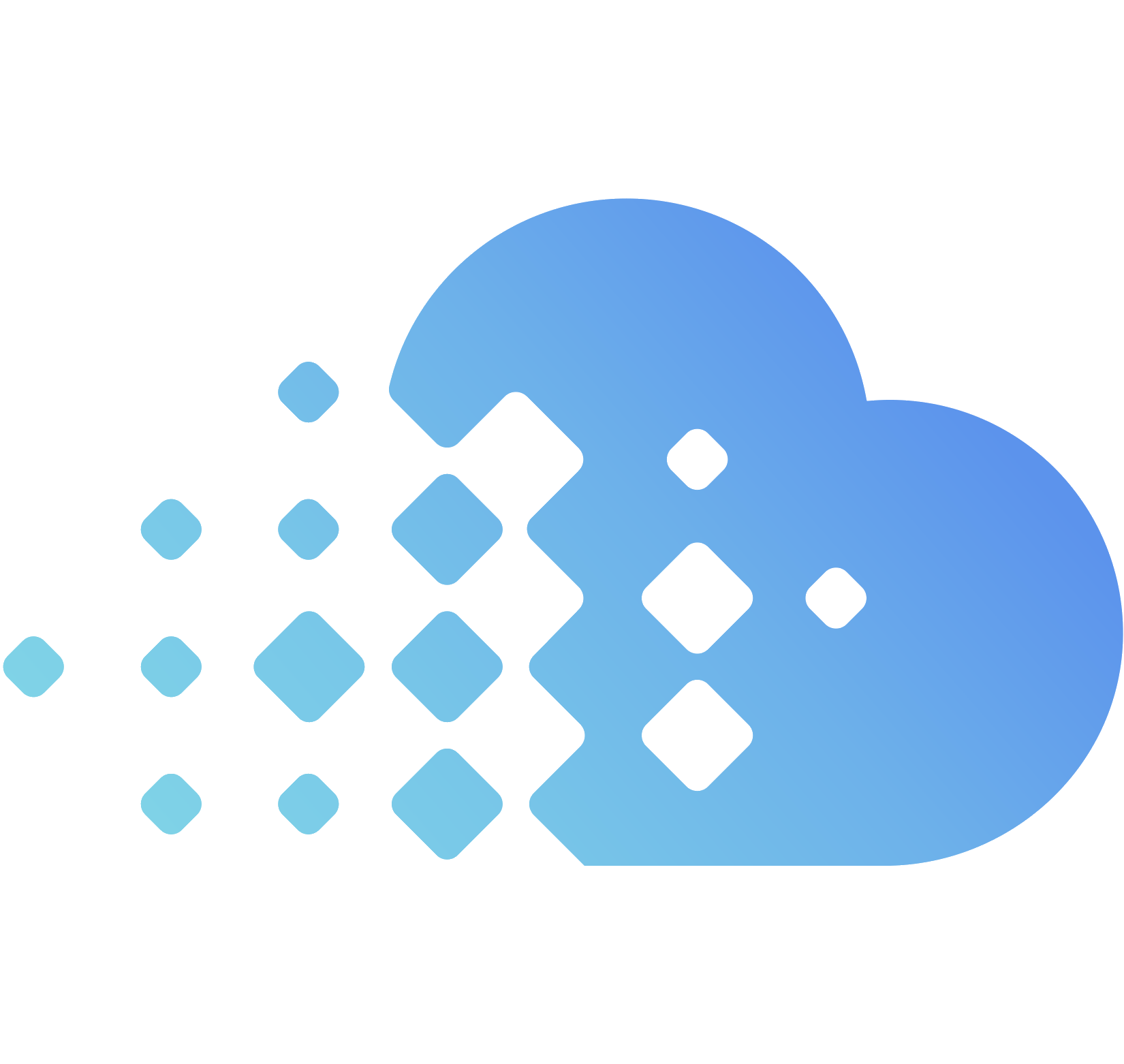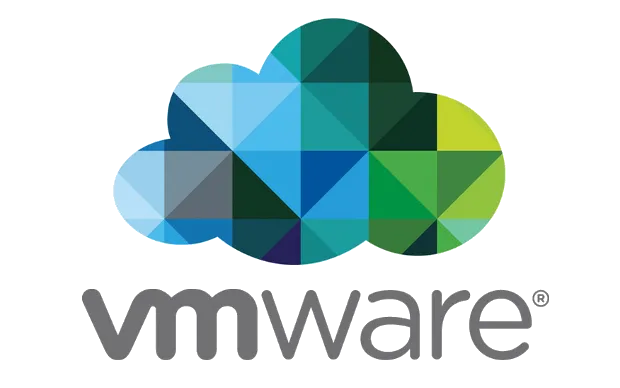Introduction
DevOps is a term that refers to the integration of software development and IT operations, with the goal of automating the software delivery pipeline. The aim of DevOps is to reduce the time it takes to deliver high-quality software and services to end users. VMware is a virtualization and cloud computing software company that offers a suite of products that can be used to support DevOps practices. This article explores how VMware products can be used for DevOps.
Overview of some of VMware’s Products
VMware offers a range of products that can be used to support DevOps practices. These products include:
- VMware vSphere: This is a virtualization platform that enables the creation and management of virtual machines.
- VMware NSX: This is a network virtualization platform that enables the creation and management of virtual networks.
- VMware vRealize Suite: This is a cloud management platform that provides automation, orchestration, and monitoring of cloud resources.
- VMware Cloud Foundation: This is a hybrid cloud platform that provides a consistent operating model across private and public clouds.
- VMware Tanzu: This is a platform for building, deploying, and managing modern applications.
- VMware Workspace ONE: This is a digital workspace platform that enables the management of mobile, desktop, and cloud applications.
Each of these products can be used to support different aspects of the DevOps process. For example, VMware vSphere can be used to create and manage virtual machines, which can be used to host development and test environments. VMware NSX can be used to create and manage virtual networks, which can be used to provide secure access to development and test environments. VMware vRealize Suite can be used to automate the deployment and management of cloud resources, while VMware Cloud Foundation can be used to provide a consistent operating model across private and public clouds. VMware Tanzu can be used to build, deploy, and manage modern applications, while VMware Workspace ONE can be used to manage mobile, desktop, and cloud applications.
Using VMware Products for DevOps
There are several ways in which VMware products can be used to support DevOps practices. These include:
Creating Development and Test Environments
VMware vSphere can be used to create and manage virtual machines, which can be used to host development and test environments. By using virtual machines, developers can create multiple development and test environments without the need for additional physical hardware. This can help to reduce costs and increase efficiency.
In addition, VMware NSX can be used to create and manage virtual networks, which can be used to provide secure access to development and test environments. This can help to ensure that development and test environments are isolated from production environments, which can help to reduce the risk of production downtime due to development and test activities.
Automating the Deployment and Management of Cloud Resources
VMware vRealize Suite can be used to automate the deployment and management of cloud resources. This can help to reduce the time it takes to provision and manage cloud resources, which can help to speed up the software delivery pipeline. In addition, by automating the deployment and management of cloud resources, organizations can ensure that cloud resources are provisioned consistently and in accordance with best practices.
Providing a Consistent Operating Model Across Private and Public Clouds
VMware Cloud Foundation can be used to provide a consistent operating model across private and public clouds. This can help to reduce the complexity of managing multiple cloud environments, which can help to reduce the risk of errors and increase efficiency. In addition, by providing a consistent operating model, organizations can ensure that their applications and services are deployed consistently across different cloud environments.
Building, Deploying, and Managing Modern Applications
VMware Tanzu can be used to build, deploy, and manage modern applications. This can help to speed up the software delivery pipeline by providing a platform that enables developers to create and deploy modern applications quickly and efficiently. Tanzu includes tools for container management, Kubernetes management, and application lifecycle management. By using Tanzu, organizations can take advantage of modern application development practices, such as microservices architecture, which can help to increase the agility and flexibility of their applications.
Managing Mobile, Desktop, and Cloud Applications
VMware Workspace ONE can be used to manage mobile, desktop, and cloud applications. This can help to streamline the management of applications, which can help to reduce the time and effort required to manage application deployments. In addition, Workspace ONE includes tools for identity and access management, which can help to ensure that users have secure access to the applications they need.
Best Practices for Using VMware Products for DevOps
To get the most out of VMware products for DevOps, there are several best practices that organizations should follow. These include:
Standardizing the DevOps Process
To ensure that VMware products are used effectively for DevOps, organizations should standardize their DevOps process. This can include defining the stages of the software delivery pipeline, such as development, testing, staging, and production, and the tools and processes that are used at each stage. By standardizing the DevOps process, organizations can ensure that everyone is using the same tools and processes, which can help to reduce the risk of errors and increase efficiency.
Automating Processes Where Possible
To speed up the software delivery pipeline, organizations should automate processes where possible. This can include automating the deployment of virtual machines and cloud resources, as well as automating the testing and deployment of applications. By automating processes, organizations can reduce the time and effort required to perform manual tasks, which can help to speed up the software delivery pipeline.
Implementing Continuous Integration and Continuous Deployment (CI/CD)
Continuous Integration and Continuous Deployment (CI/CD) is a software development practice that involves the continuous testing and deployment of code changes. By implementing CI/CD, organizations can ensure that code changes are tested and deployed quickly and efficiently, which can help to reduce the time it takes to deliver software to end-users. VMware products, such as Tanzu, can be used to support CI/CD practices.
Monitoring and Analyzing Performance
To ensure that software is performing well and meeting the needs of end-users, organizations should monitor and analyze performance. VMware products, such as vRealize Suite, can be used to monitor and analyze the performance of cloud resources, while Tanzu includes tools for application performance monitoring. By monitoring and analyzing performance, organizations can identify performance issues and take corrective action quickly.
Conclusion
VMware products can be used to support DevOps practices by providing tools for creating development and test environments, automating the deployment and management of cloud resources, providing a consistent operating model across private and public clouds, building, deploying, and managing modern applications, and managing mobile, desktop, and cloud applications. To get the most out of VMware products for DevOps, organizations should standardize their DevOps process, automate processes where possible, implement CI/CD, and monitor and analyze performance. By following these best practices, organizations can improve the efficiency and effectiveness of their software delivery pipeline, which can help to deliver high-quality software and services to end-users quickly and efficiently.


No responses yet